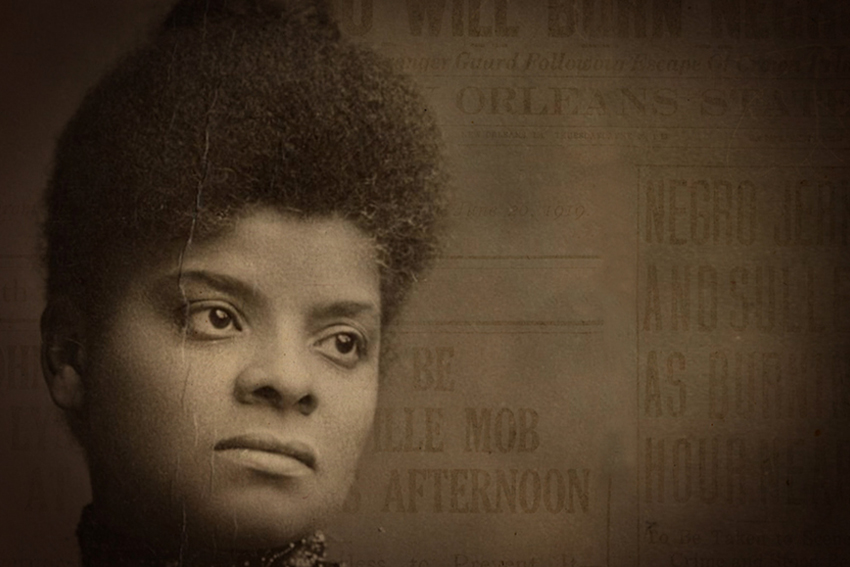Black History Month: Paying tribute to the work of Ida B. Wells


As we celebrate Black History Month, we at the News Literacy Project have been reflecting on the important role that Black journalists have played as watchdogs of democracy, shining a light on wrongs and injustices throughout the course of our history.
One of the first was Ida B. Wells, featured in the “Democracy’s Watchdog” lesson in our Checkology® virtual classroom.
Born into slavery in Mississippi during the Civil War, Wells used her position as the editor and co-owner of a Black newspaper in Memphis, Tennessee, to document lynchings across the South. Her commitment to this cause began in 1892, when a friend who owned a grocery that took business from a nearby White-owned store was lynched, along with two of his employees.
Through diligent investigation, Wells reported that Black men were being killed by mobs for minor offenses, such as failing to pay debts or being drunk in public; some were slain for simply failing to be deferential to Whites. She interviewed family members of victims and spoke to eyewitnesses. She learned that while the mostly White press was reporting (based on the statements of White public officials) that the lynchings were punishments for serious crimes, such as rapes of White women by Black men, the truth was far different.
After a mob destroyed her newspaper office, she left Memphis, eventually settling in Chicago, and described the horrors of lynchings on speaking tours across the United States and the United Kingdom. As any good investigative journalist does — whether a century ago or today — Wells gathered evidence of wrongdoing, put it into context, then shared it with the public. Her courageous work — which included an 1892 booklet, Southern Horrors: Lynch Law in All Its Phases, and an 1895 book, The Red Record, that documented lynchings through reported statistics — led to a much greater awareness of the scope of lynching and its horrors. “The way to right wrongs is to turn the light of truth upon them,” she said.
That commitment continues through the Ida B. Wells Society for Investigative Reporting, based at Harvard University’s Shorenstein Center on Media, Politics and Public Policy. It was established in 2016 to train journalists of color in investigative reporting techniques and “to educate news organizations and journalists on how the inclusion of diverse voices can raise the caliber, impact and visibility of investigative journalism as a means of promoting transparency and good government.”
Learn more about Wells in our “Democracy’s Watchdog” lesson.
